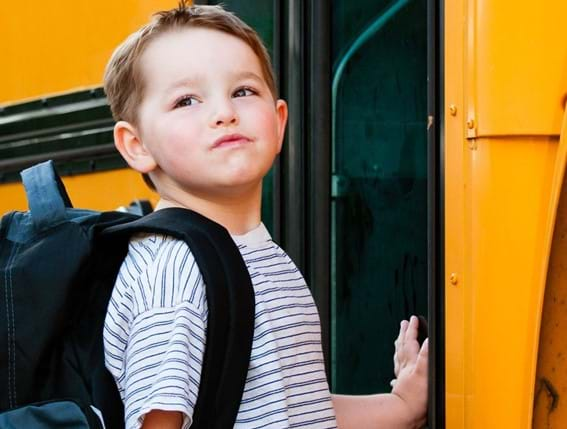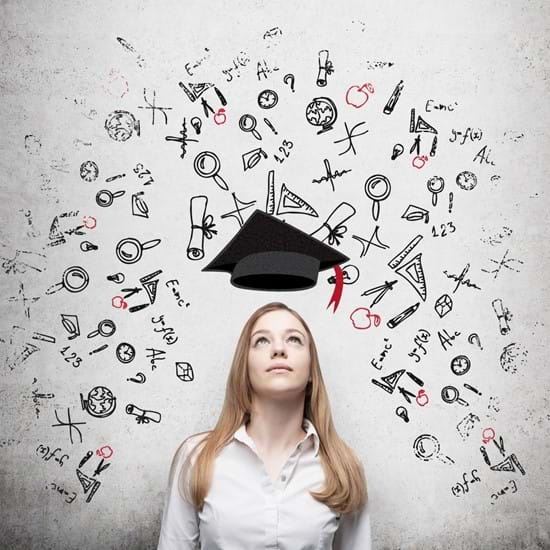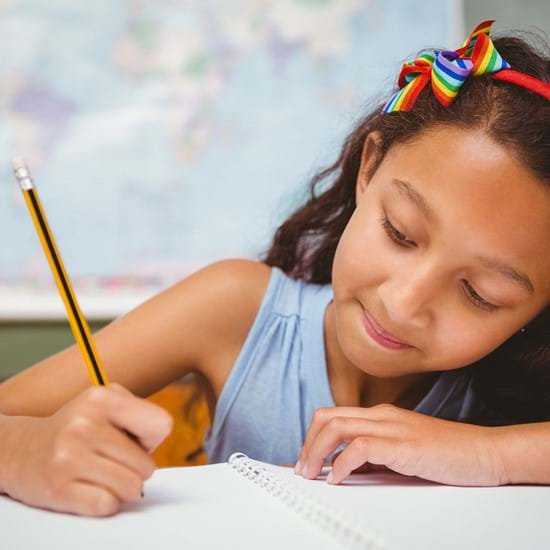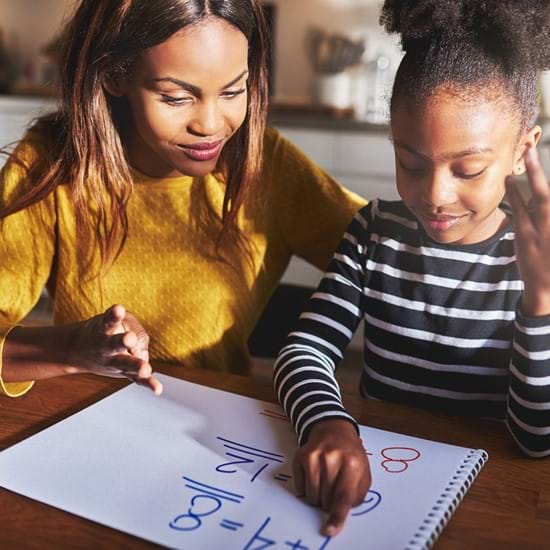
What will my Child Learn in Kindergarten?

Written by: Marielle Potvin
Perhaps your child attended daycare (centre or home-based)? If so, the transition may go more smoothly, but starting kindergarten remains an important milestone for both you and your young one.
Kindergarten: transition & development
Kindergarten ensures the transition between daycare and school. Its purpose is to favour your child's development in general and provide a stimulating environment to nurture overall potential. Rather than target specific and standardized aptitudes, the goal is to ensure that each child develops skills that will prepare him for schooling and social life.
Here are the key elements on which the kindergarten curriculum focuses.
Language development
This part of development includes the child's capacity to express himself clearly and to understand verbal communication, and serves as an introduction to literacy.
Naturally, learning to read and write (and other school subjects) is not part of the educational program before the first year of elementary school (grade one).
However, a number of educational activities in kindergarten will prepare your child for future academic learning. These activities, along with child/teacher interactions, a stimulating environment and access to materials allowing children to become familiar with the world of numbers, letters and the different components of their surroundings, will promote language development.
To contribute to what your child will learn in class, simply help him become familiar with letters and words through reading. You can give your child books as presents and read these together. You can also play a variety of word games (rhymes, word association, etc.) to help develop a wide-ranging vocabulary. Finally, always praise your child's letter doodling and fascinating stories.
Social, emotional and moral development
This refers to the child's ability to interact with others, to maintain friendly relationships, to recognize, express and manage feelings and adopt socially acceptable behaviors.
The development of social, emotional and moral skills happens through the child's interaction with his environment and peers. In kindergarten, children will have many opportunities to talk about their emotions as their language skills increase. With the teacher's guidance when experiencing different situations in class, your child will gradually comprehend that other children may think, feel, or react differently from him.
Artistic development
Artistic expression can take many forms: drawing, painting, crafts, sculpture, music, dance, miming, puppetry, drama... Each of these activities provides children with an outlet to express their emotions and perception of the world. In addition, they contribute to the development of a variety of skills (language and motor skills) and stimulate creativity while having fun.
To help children express themselves positively and encourage artistic creation, simply provide a variety of materials and offer activities that stimulate their imagination, such as old clothes for dress up or any household material that can be used to create something original (cardboard boxes, strings, sticks, egg containers, scraps of fabric, etc.)
When sitting down with your child to create your own work of art or when combining efforts to create together, you become a role model for your child and encourage him to take initiative.
What's important to remember is to respect your child's interests and leave room for spontaneity.
Psychomotor development (motor skills)
An important aspect of child development concerns motor skills, that is, the development of the muscular functions that enable the control of body movements.
For children, self-awareness and understanding of the physical world happens through body movement. Using their motor skills, children interact with their environment, seeking to explore, adapt to and manipulate their surroundings.
Helping children improve their motor skills is favouring the development their independence in daily activities (eating and dressing themselves without help), their social skills (taking part in games with friends), their confidence (as they refine their skills), and their good health (through participation in vigorous physical activity). It also helps prepare children for school life, as they will master, among others, the notions of space and time which constitute important prerequisites for reading, writing and math.
Gradually, your child becomes independent...but still needs you very much!
There! Now you know more about what your child will learn during kindergarten.
You can guide your child during this learning process, and by supporting his achievements, you will help him adapt to his new environment and build self esteem.
By being attentive to your child, you will become a valuable ally to preschool teachers, who can give you useful information and helpful tips. Close collaboration between a parent and kindergarten teacher creates the best conditions to nurture a child's present and future academic success.
I'd like to take this opportunity to wish you and your child a wonderful kindergarten experience!
Additional information: Brochure published by the Quebec MELS (ministry of education)

Marielle Potvin, Remedial Teacher


